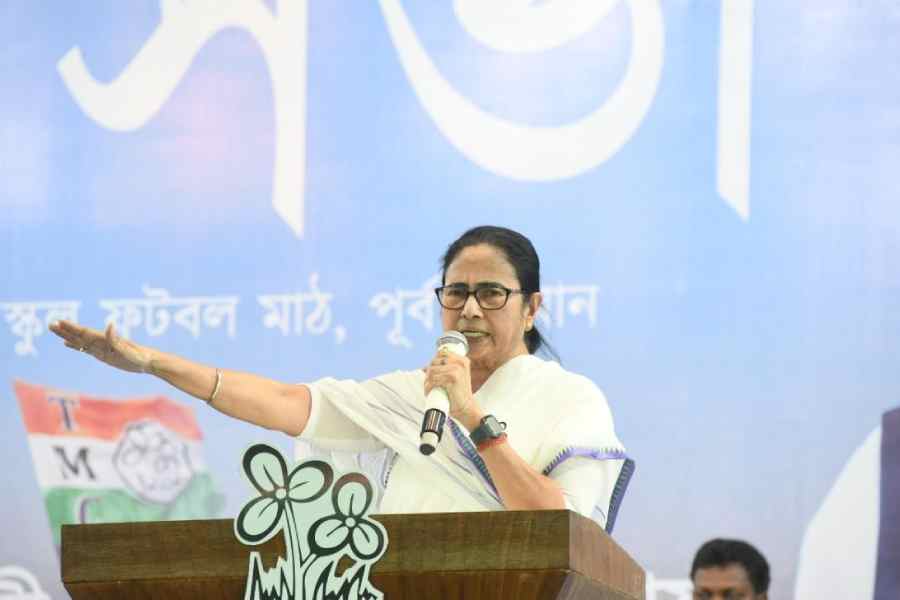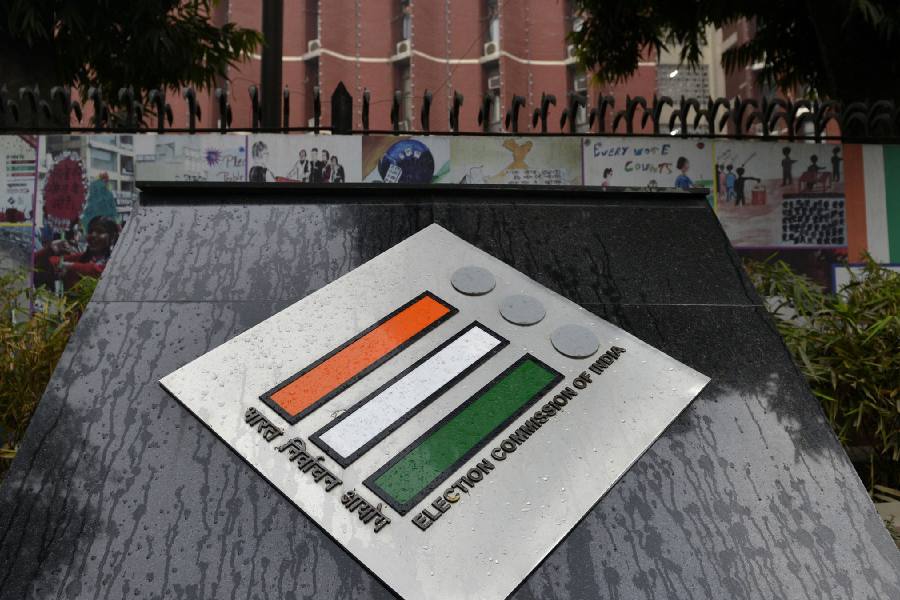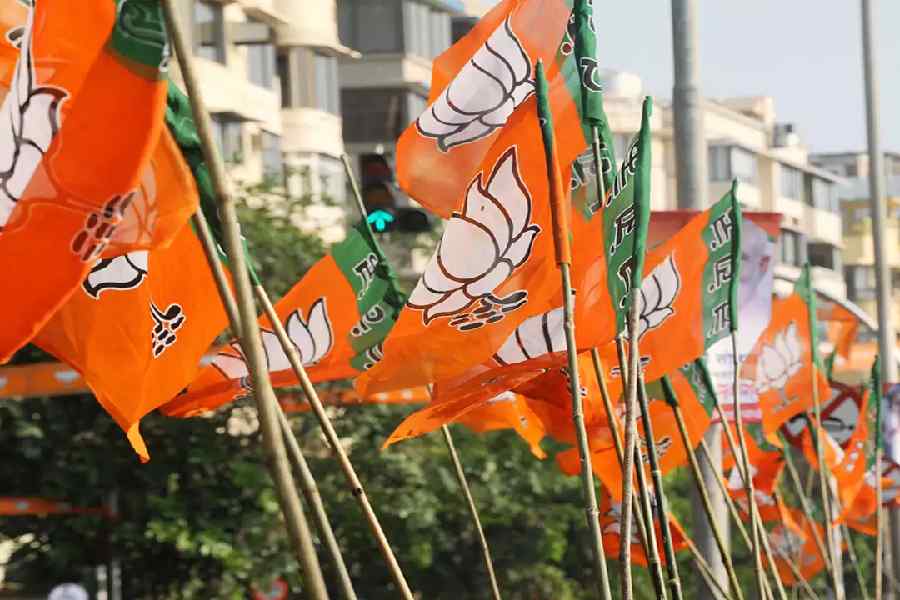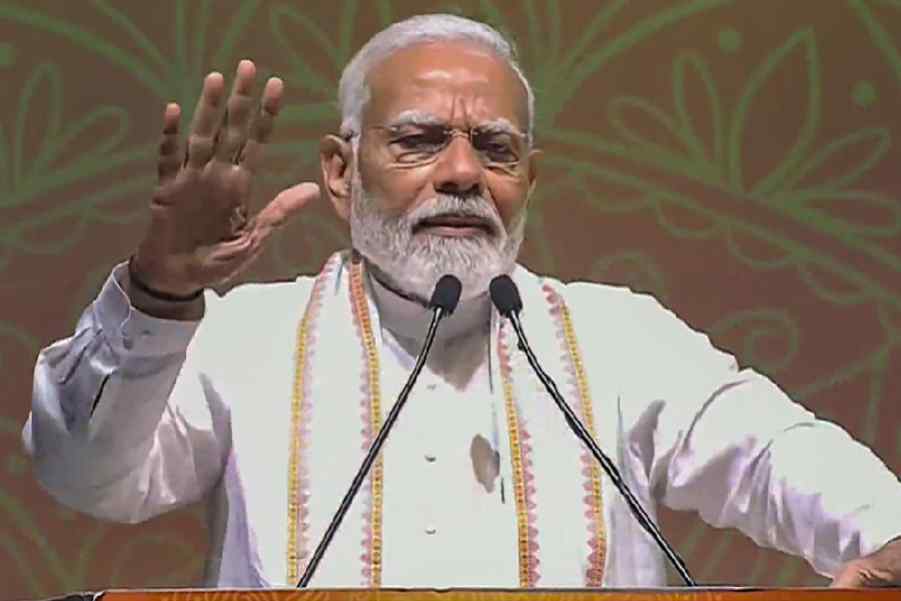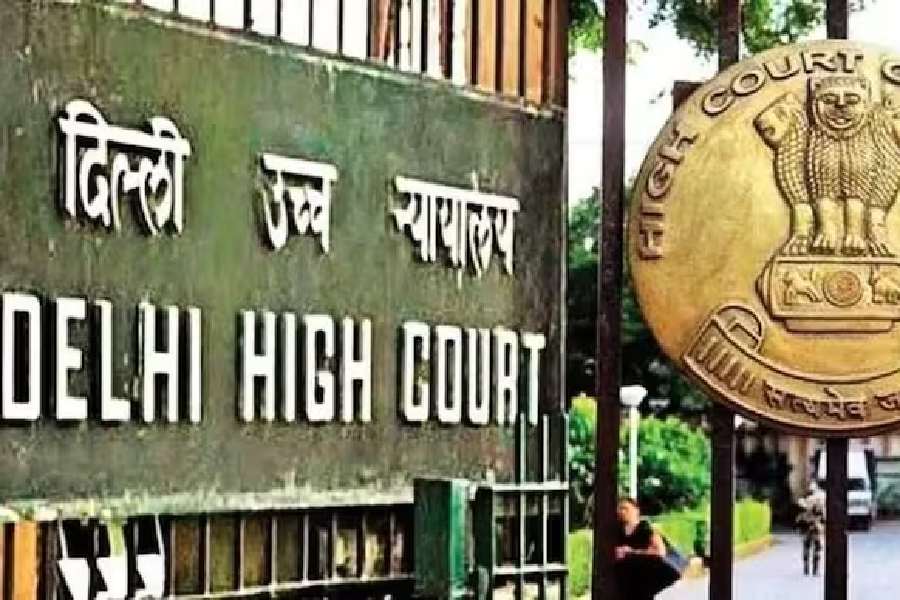India’s super-rich may be miffed with the Narendra Modi government after the shock increase in the surcharge on income above Rs 2 crore a year in Friday’s budget.
But finance minister Nirmala Sitharaman says the latest flick of the tax whip on the country’s fat cats doesn’t mean that they are being punished for raking in the moolah.
“We respect them; they are wealth creators. How can I punish those who are creating wealth? We respect them as job creators… why will I punish them? But income disparity being what it is in this country, should all of us not participate in nation-building? That’s the justification for the increase in surcharge,” the finance minister told a group of journalists a day after presenting her first budget.
Although Sitharaman made no changes to the income-tax slabs, she raised the surcharge on income earned by the super-rich.
Those with a taxable income of Rs 2 to 5 crore will now have to pay an effective rate of 39 per cent tax while those with a taxable income above Rs 5 crore will have to grapple with a peak tax rate of 42.47 per cent.
“Those in the highest income brackets must contribute more to the nation’s development,” she said. “This is not a punishment, but more sharing of responsibility.”
She said the Modi government intended to use all its financial resources, including revenue from taxes, for productive purposes and welfare schemes.
“We cannot afford to have the poorest section of society living without even basic amenities like roads, electricity and toilets. We all have to share our responsibility…. It is part of participating in building this country; that’s why I spoke about rights and duties.”
Sitharaman’s budget has been panned for failing to dole out any tax lollies to the middle class. But she bristled at the suggestion that the middle class had been ignored in her budget.
In her defence, she contended that the Modi government had provided incentives to help them shift to clean fuel and offered tax benefits on the purchase of affordable houses.
“I am helping the middle class shift from a fossil-fuel-run vehicle to one that runs on electricity. If I have given people deduction (on interest paid on loans taken to buy an affordable house), it is not for the super-rich. It is for the middle-class,” she said.
The budget has enhanced the deduction on interest paid on housing loans by Rs 1.5 lakh to Rs 3.5 lakh.
The minister had said in her budget speech that the tax deduction would translate into a benefit of around Rs 7 lakh to middle-class home buyers over a loan period of 15 years.
She has also proposed an additional income-tax deduction of Rs 1.5 lakh on the interest paid on loans taken to buy electric vehicles. The Centre had proposed to the GST Council to reduce the tax rate on electric vehicles from 12 to 5 per cent, which a panel of officials is looking into.
The rate reductions in the goods and services tax (GST) resulted in a benefit of Rs 94,000 crore a year for consumers, largely for those from the middle class, she added.
Fuel price hike
Justifying the imposition of a special additional excise duty and road and infrastructure cess on petrol and diesel, the finance minister said the levies were not meant to hurt the middle class but address environmental concerns and bring about a behavioural shift.
“If I am investing in better metro connectivity, public transport and better future transport, I would expect a behavioural shift towards using public transport rather than using one’s own car with a single passenger,” the minister said.


